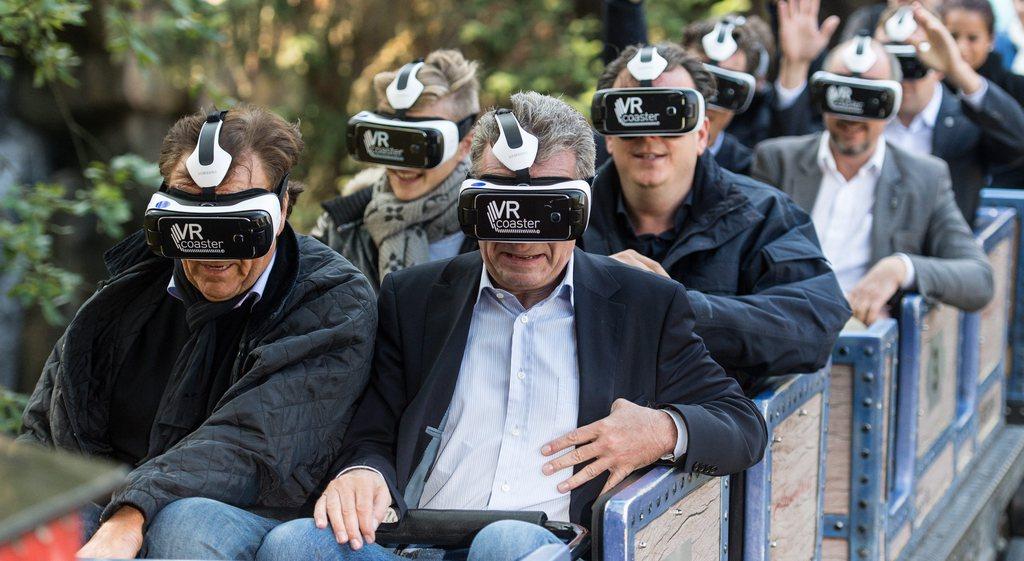Davos closes doors on North Korea

The World Economic Forum (WEF) has withdrawn an invitation for North Korea to send its first ever delegation to the annual meeting of world leaders in Davos. The decision was taken after the totalitarian state reported last week that it had carried out a hydrogen bomb test.
Ri Su-yong, Foreign Minister of the Democratic People’s Republic of Korea (DPRK), was due to lead a delegation after accepting the WEF invitation last autumn. But WEF executive Philipp Rösler told journalists at the pre-Davos press conference on Wednesday that accepting the North Koreans would be in violation of the WEF spirit of “improving the state of the world”.
Last autumn’s invitation had been sent following some “encouraging signals” that North Korea was willing to engage in constructive dialogue, Rösler added. “[But] after the nuclear test we decided that there would be no opportunity for international global dialogue,” he said.
German Chancellor Angela Merkel will be another absentee from the meeting, which will this year run from January 20 to January 23. Merkel had to withdraw from Davos to address the growing concerns over migrant crime in Germany. President Joachim Gauck will instead lead the German delegation in Davos.
Some 2,500 delegates will attend Davos this year, including 50 heads of state. Leading politicians will include British Prime Minister David Cameron, United States Vice-President Joe Biden, Canadian Prime Minister Justin Trudeau, Greek Prime Minister Alex Tsipras and Mauricio Macri, President of Argentina.
Also attending will be leaders from the world of business, civil society, religion, science and culture.
The theme of this year’s annual meeting is “Mastering the Fourth Industrial Revolution”, the technical transformation of the economy and society by artificial intelligence, robots, big data and the Internet of Things.
WEF founder Klaus Schwab told the press conference that the sheer speed of change would require governments to adapt policies to meet the challenges due to the “possibility of social exclusion that we absolutely have to avoid”.
But debates will cover a range of other topics, including security risks and post-Paris COP21 environment issues.

In compliance with the JTI standards
More: SWI swissinfo.ch certified by the Journalism Trust Initiative










You can find an overview of ongoing debates with our journalists here . Please join us!
If you want to start a conversation about a topic raised in this article or want to report factual errors, email us at english@swissinfo.ch.